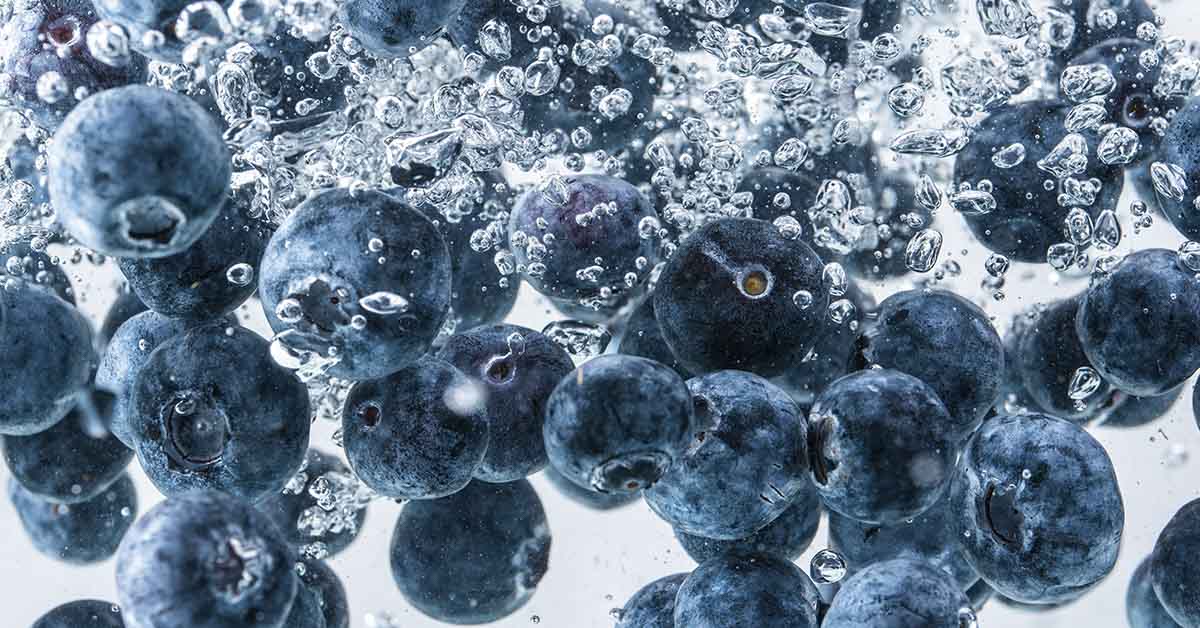Fresh blueberries are a beloved summer treat. Whether you toss them into pancakes, sprinkle them over yogurt, or enjoy them by the handful, it is essential to wash them before eating. According to health and culinary experts, washing blueberries removes more than just dirt. It also reduces pesticide residue and bacteria that may have accumulated during harvesting and packaging. However, the timing and technique of washing are just as important as the act itself.
Only Wash Them Right Before Use
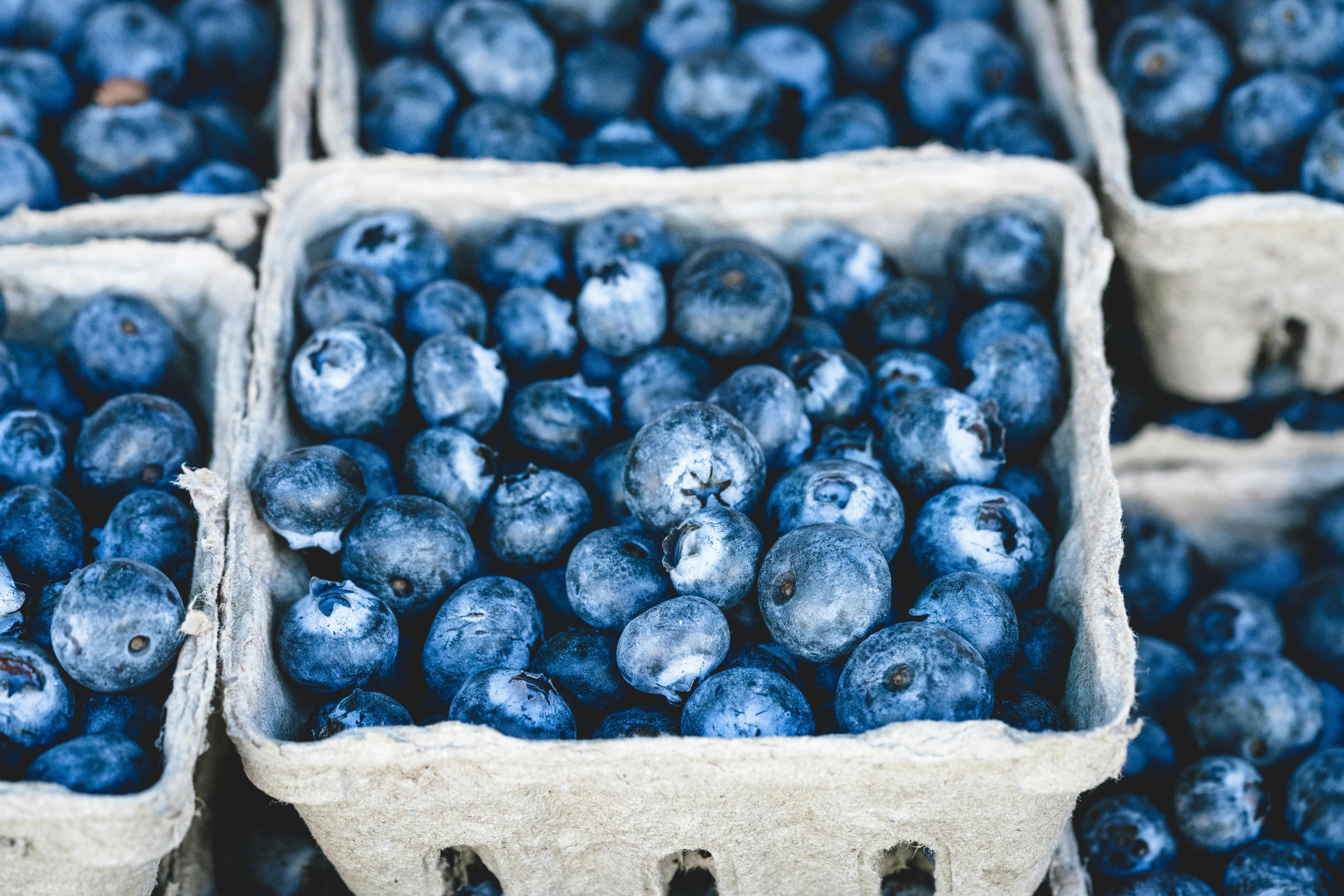
Although it may seem convenient to wash your berries all at once, experts strongly advise against it. In an interview by Delish Registered dietitian nutritionist Lauren Manaker explains that blueberries should be washed only just before eating or cooking. If you wash them too early, the moisture left on the fruit can lead to faster spoilage and mold growth. This is especially true for berries stored in closed containers without proper ventilation.
The Simplest Way To Wash Blueberries
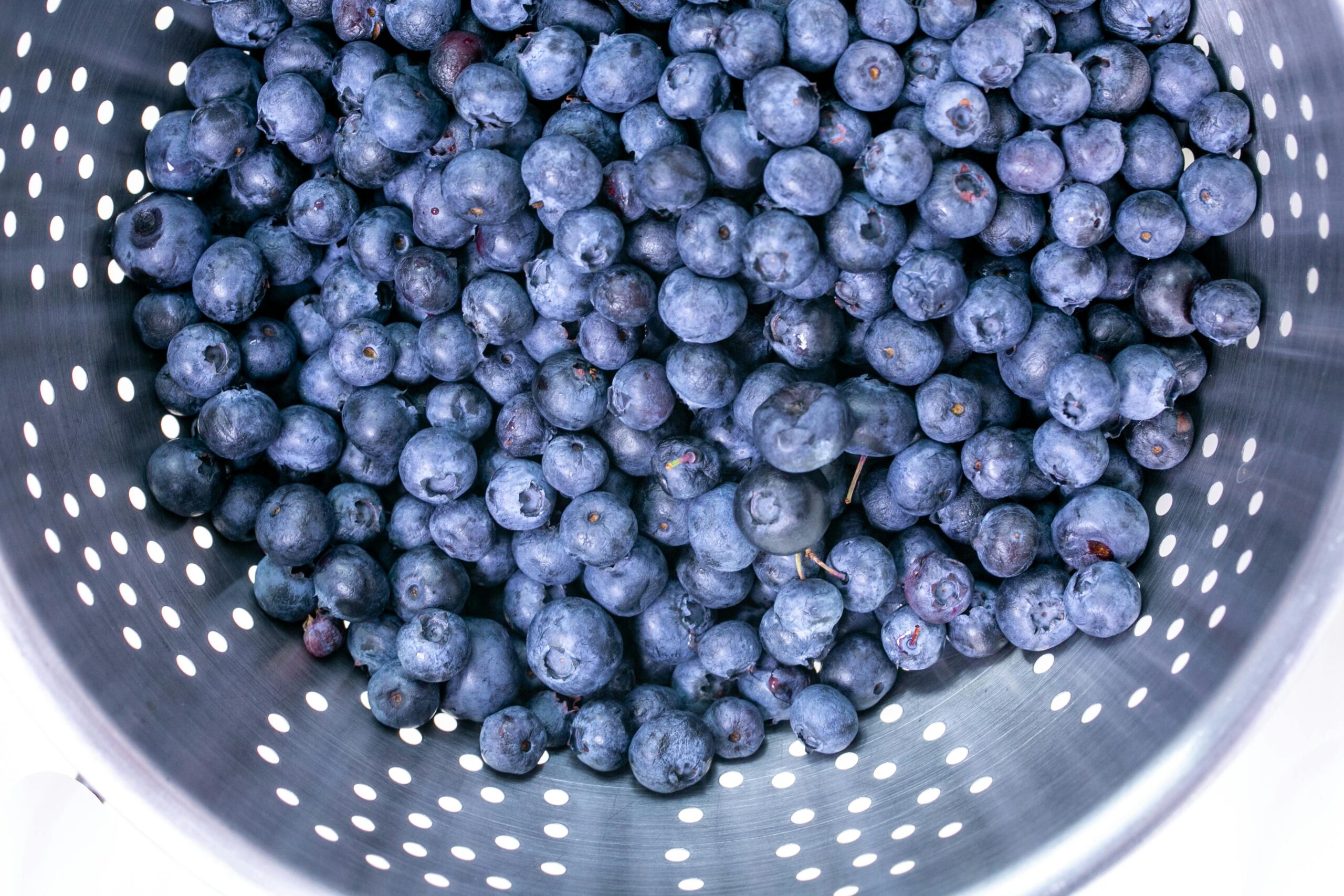
If you’re short on time, a quick rinse under cold running water will suffice. Manaker recommends placing the berries in a colander and gently rinsing them under a steady stream of water. Be careful not to use warm water or rub them too hard, as blueberries are fragile and prone to bruising. After rinsing, allow them to sit in the colander to let some of the water drain off before drying.
A Vinegar Soak For Extra Cleanliness
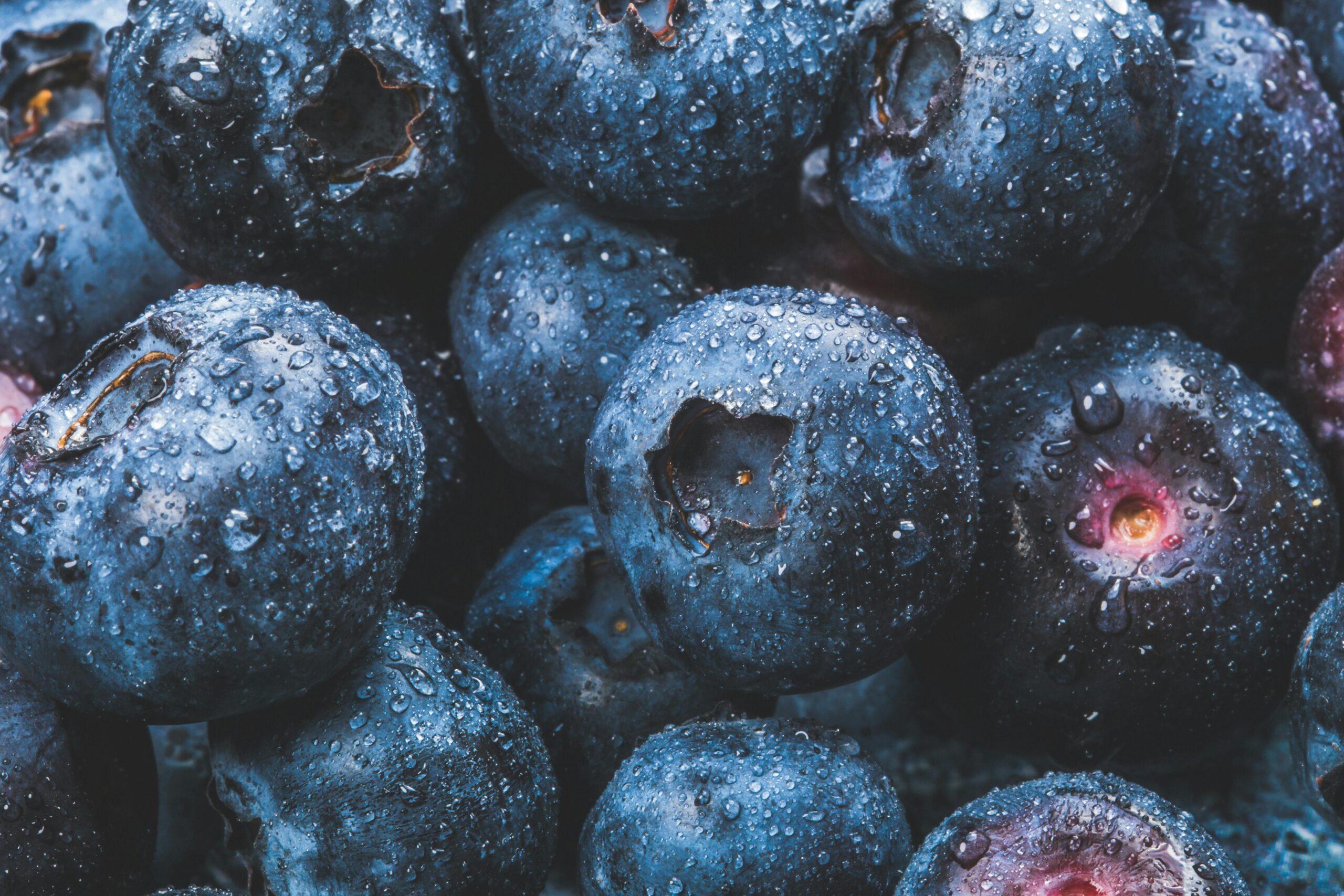
For those who want an even deeper clean, culinary expert Kierin Baldwin suggests a mild vinegar solution. Mix one part distilled white vinegar with three parts cold water in a bowl. Add the blueberries and let them soak for 5 to 10 minutes. This method helps eliminate more bacteria and mold spores, especially useful for berries that are not organic. However, do not soak them longer than necessary. Over-soaking can cause the berries to become soft and mushy.
Gently Dry Your Berries After Washing
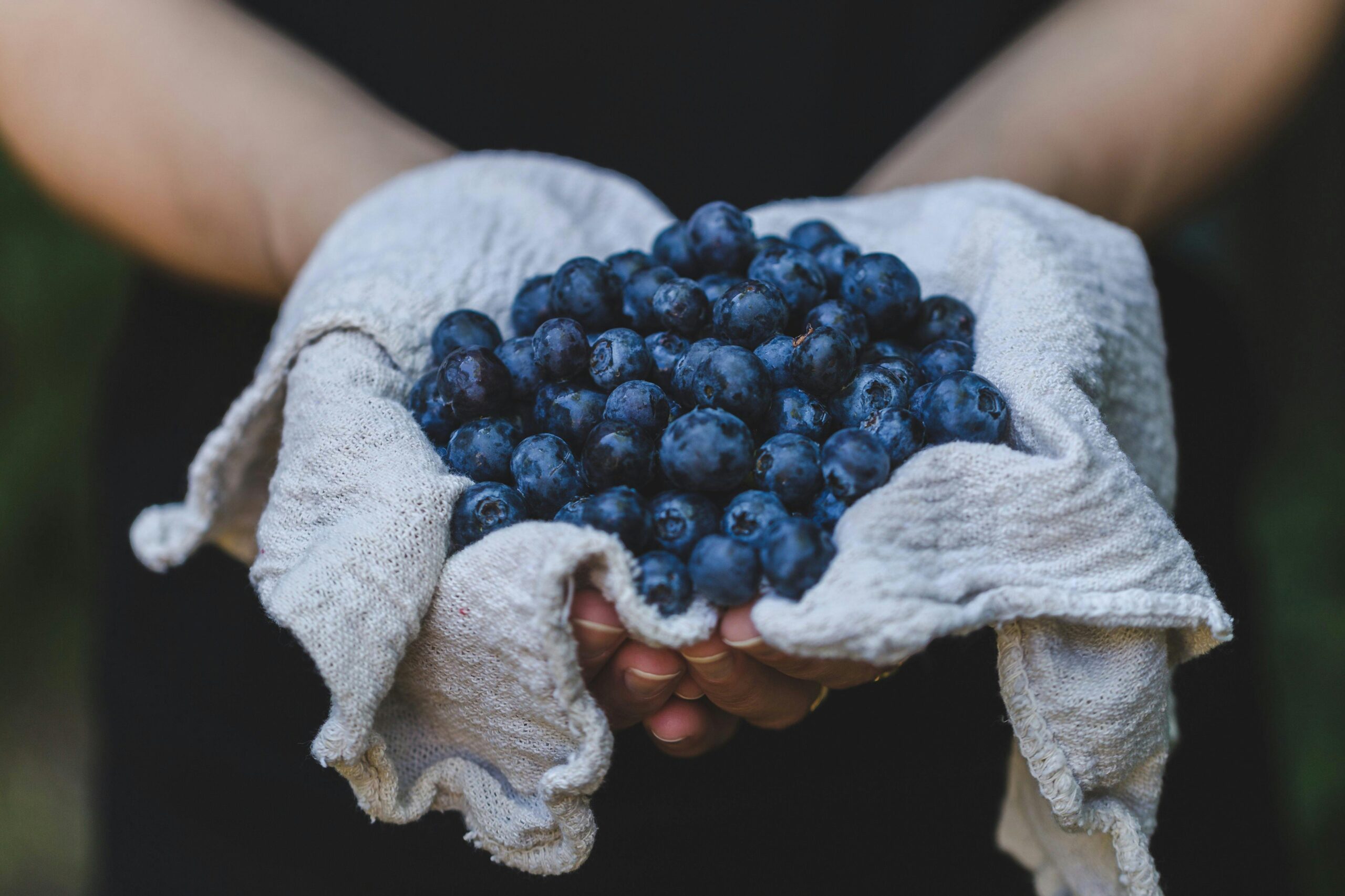
Drying your blueberries properly is just as important as washing them. Excess moisture accelerates mold formation, which shortens shelf life. After rinsing or soaking, spread the berries out on a clean kitchen towel laid over a baking sheet. Then gently pat them dry using paper towels. Do not rub or press them too hard. The goal is to absorb surface water without damaging the skin of the fruit.
How To Store Cleaned Blueberries
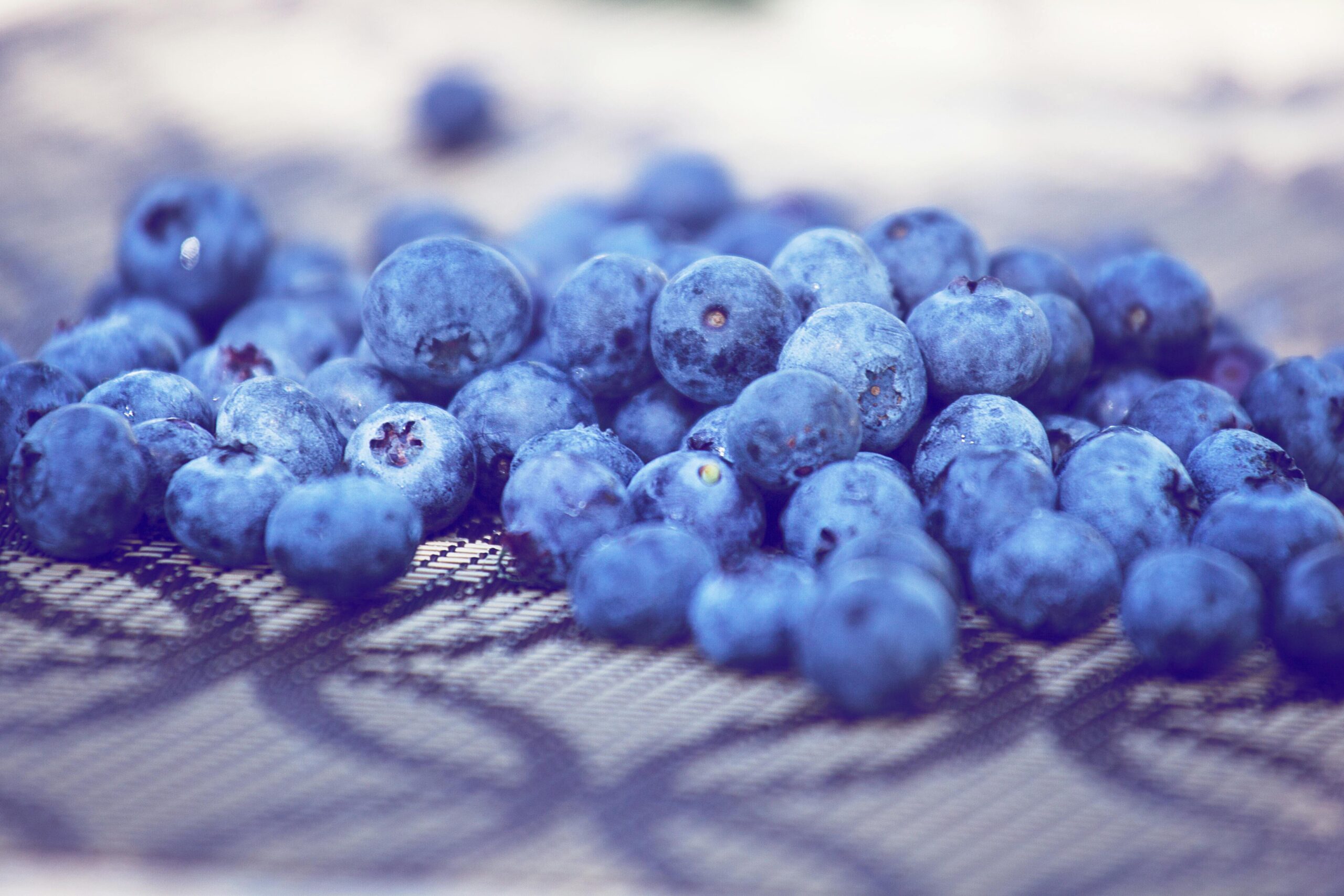
Once your blueberries are dry, storing them correctly will help them stay fresh for longer. Baldwin suggests placing the dried berries in a container lined with paper towels. This extra layer helps absorb any remaining moisture. Store them in the refrigerator, ideally in a container with a loose-fitting lid. A tightly sealed container may trap moisture, increasing the risk of mold. If the berries are unwashed, you can keep them in their original clamshell packaging, which is designed to allow some airflow.
Can You Wash Blueberries In Advance?
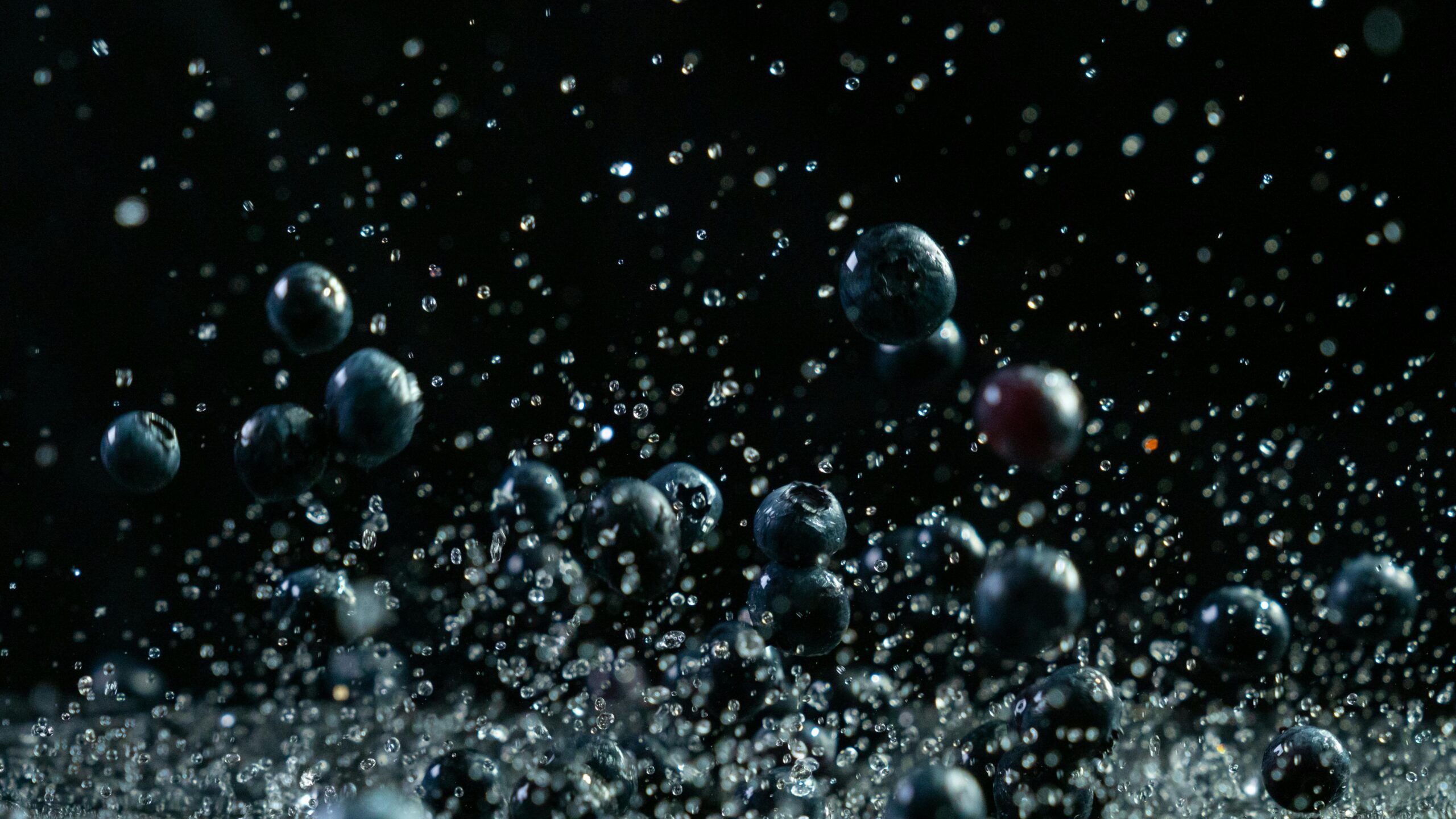
While it’s best to wash blueberries right before you eat them, it is possible to wash them ahead of time if you dry and store them properly. However, you must ensure they are thoroughly dried before refrigeration. Even small droplets of water can cause mold to develop, especially in closed containers. If you’re planning to prep berries for the week, consider washing only a portion at a time rather than the whole batch.
Freezing Blueberries After Washing
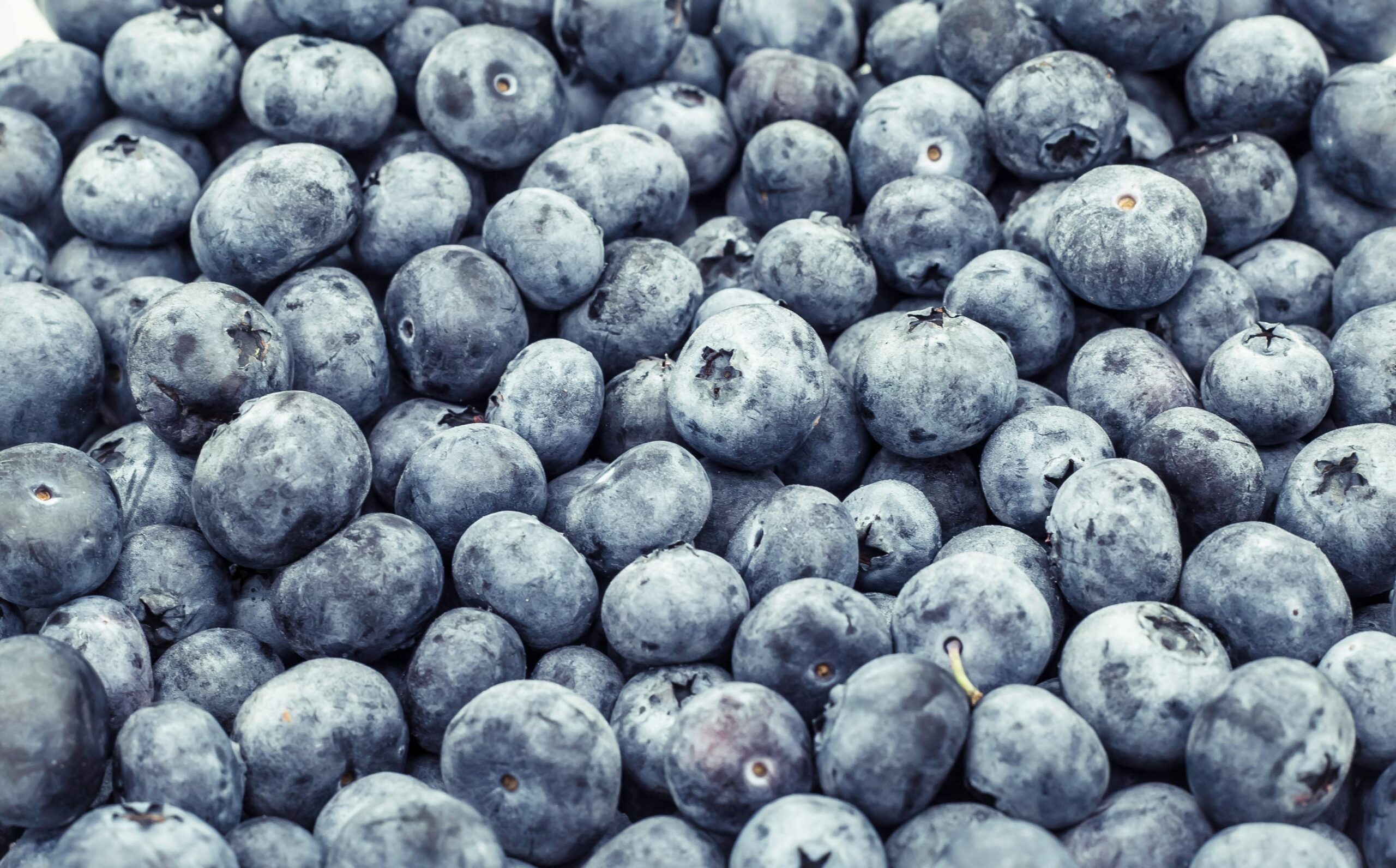
If you have more blueberries than you can eat in a few days, freezing is a great way to preserve them. Before freezing, wash the berries and dry them thoroughly. Then spread them out in a single layer on a baking sheet and place them in the freezer. Once frozen, transfer the berries to a sealed freezer-safe bag or container. This prevents them from clumping together and makes it easier to grab a handful for smoothies or baking.
Are Organic Blueberries Different?
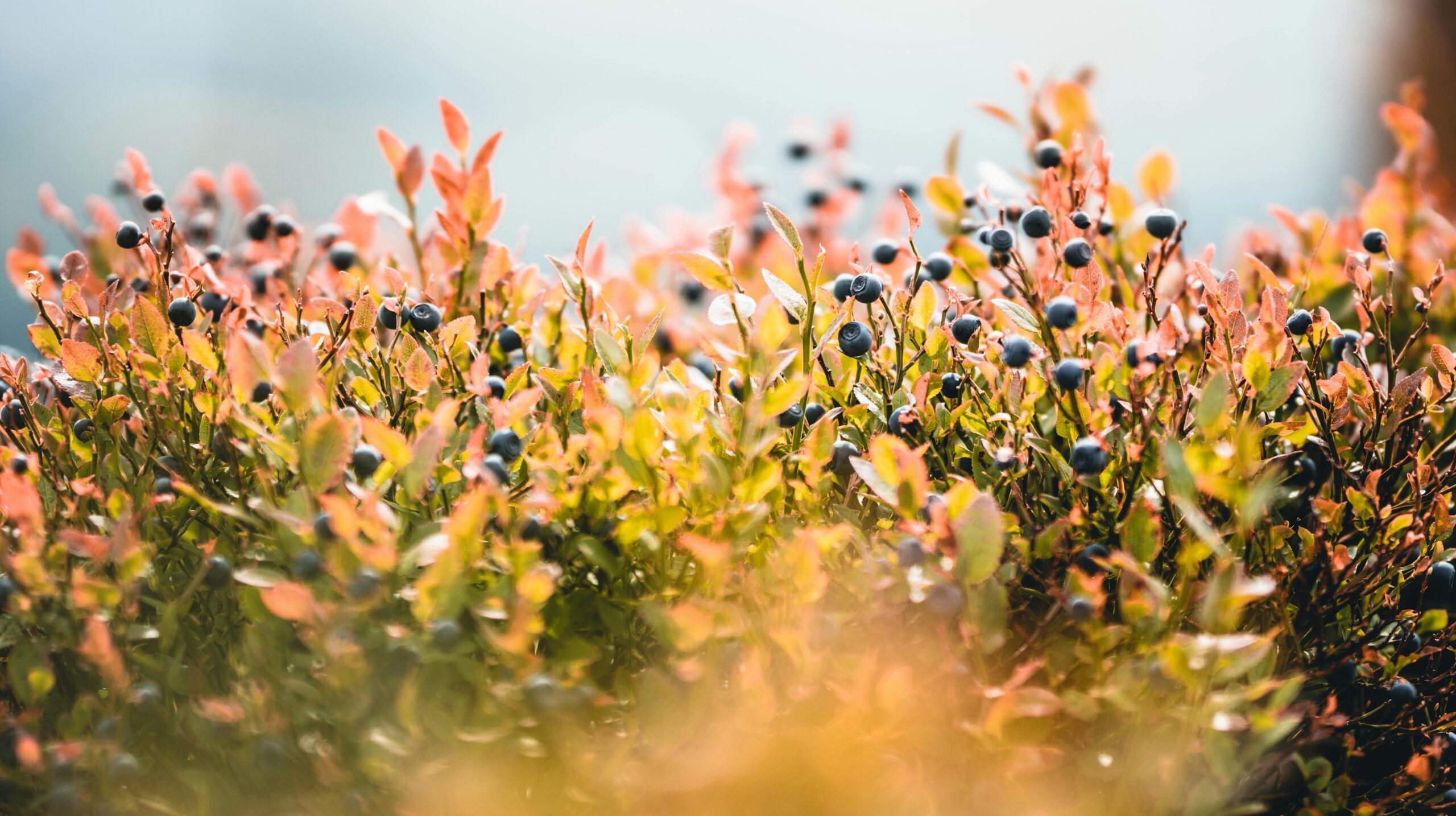
While organic blueberries are grown without synthetic pesticides, they should still be washed. Organic farming still allows for certain natural pesticides, and the berries can come into contact with dirt, bacteria, or contaminants during handling. The washing process for organic berries is the same as for conventional ones. Rinse or soak, dry thoroughly, and store them properly to keep them fresh and safe to eat.
Common Mistakes To Avoid
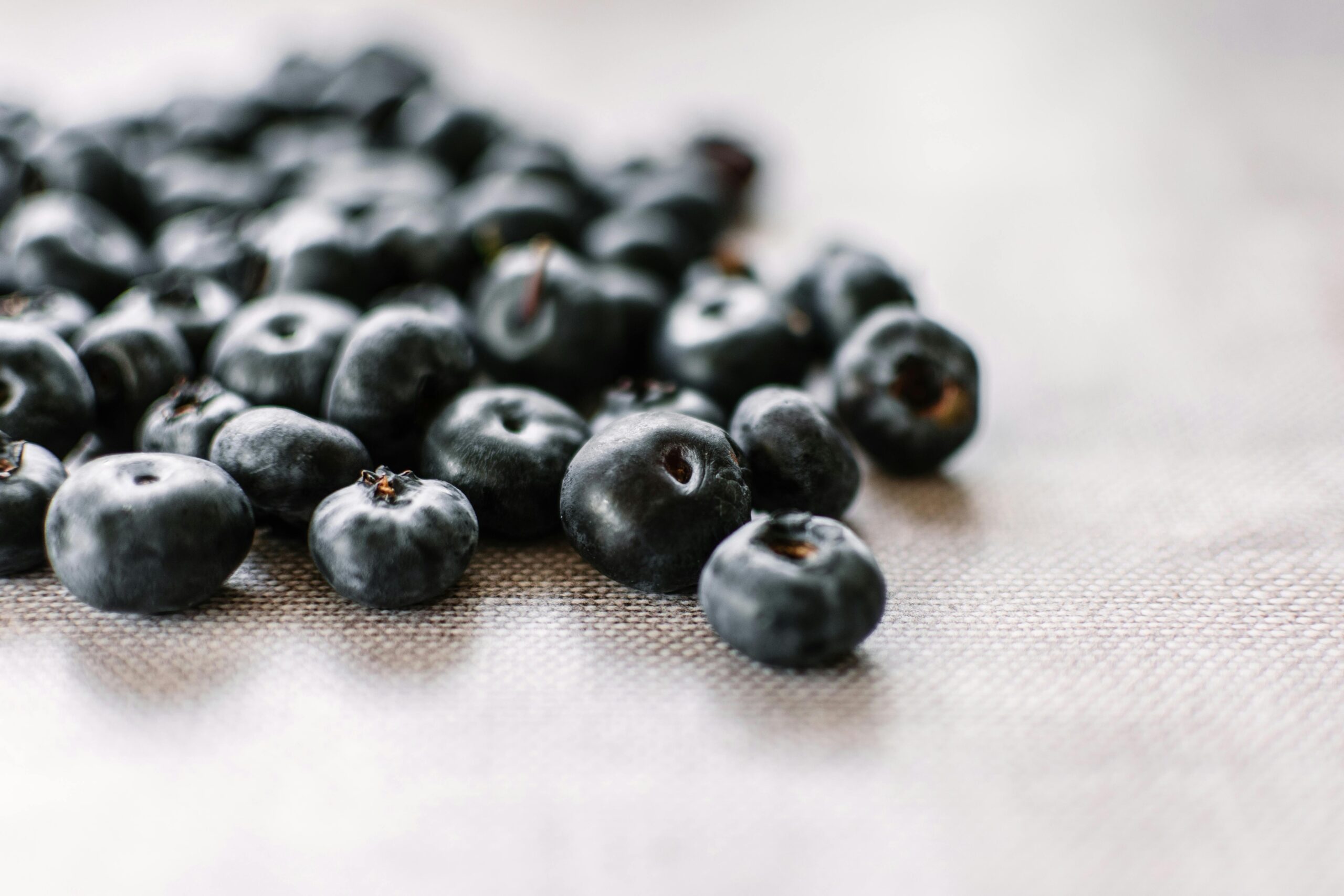
Some people make the mistake of using soap or produce washes, but experts advise against these methods. Soap can leave behind residues that are not meant for consumption, and commercial produce washes are not proven to be more effective than water or vinegar. Another common error is washing berries and then sealing them in airtight containers before they are fully dry. This creates a moist environment that encourages mold to grow quickly.
Cleaning Your Blueberries
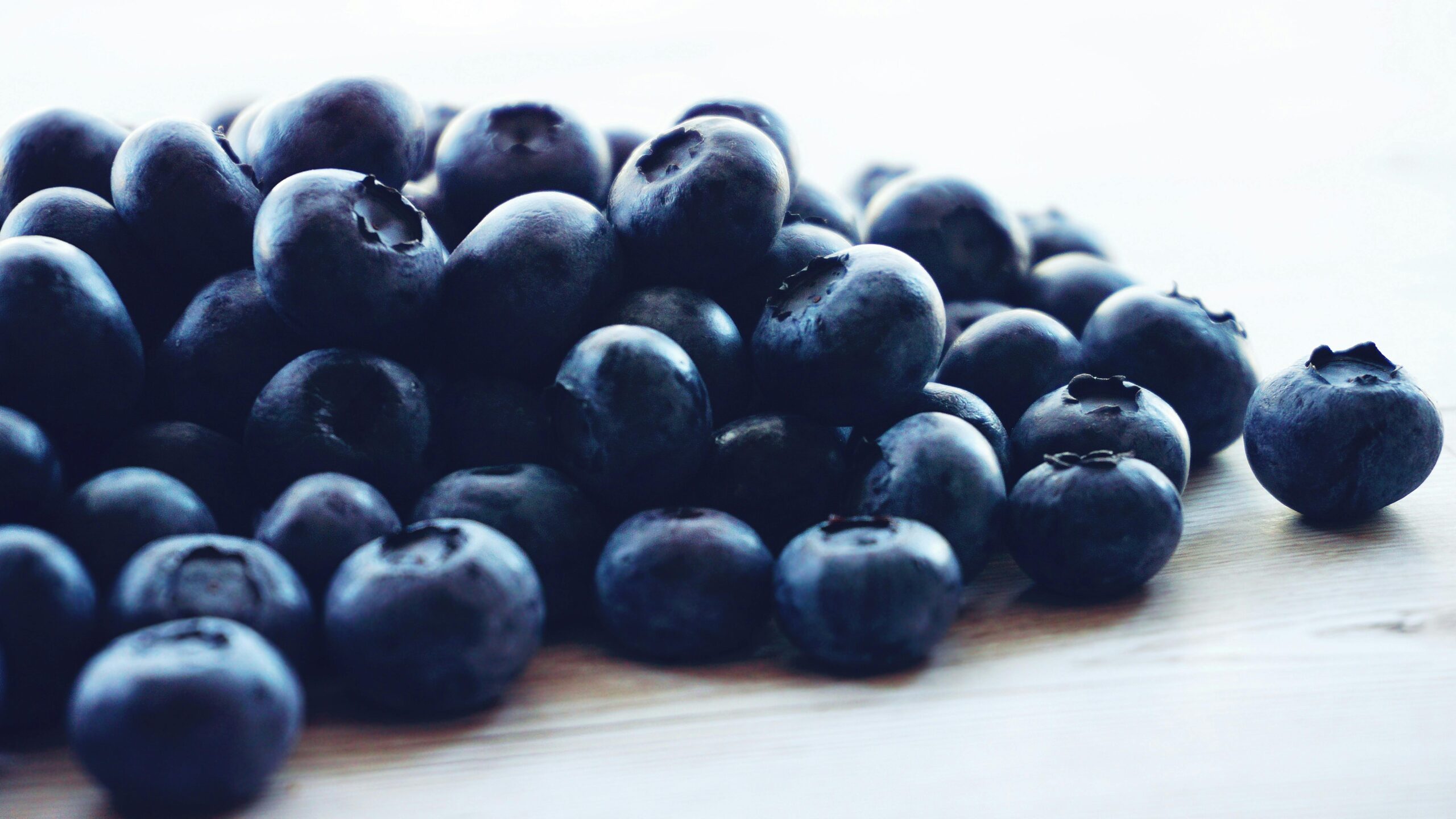
Washing your blueberries properly is simple and takes just a few minutes, but it can make a big difference in taste and longevity. Always rinse them gently, dry them well, and store them in a breathable, dry environment. Whether you buy organic or conventional, blueberries need a careful rinse to ensure they are safe and enjoyable. With the right steps, you can keep your berries fresher for longer and avoid unnecessary waste.
